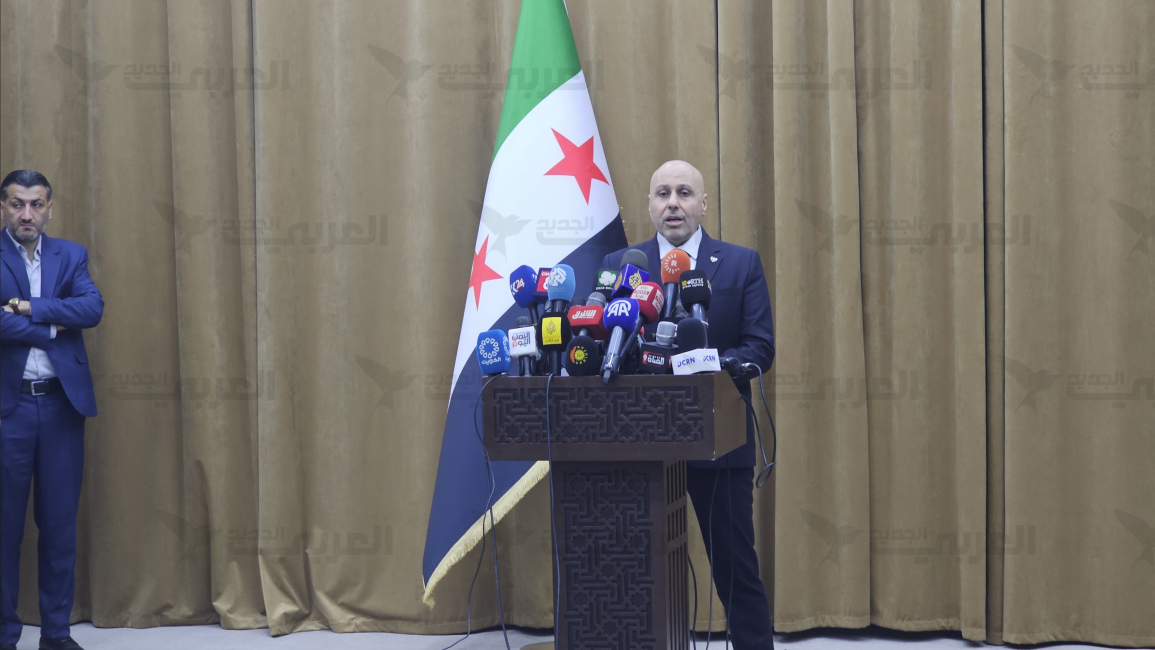The Syrian Coast Fact-Finding Committee announced today that it is considering the establishment of a special court to prosecute perpetrators of grave human rights violations committed earlier this month in the coastal region. The announcement was made by committee spokesperson Yasser Farhan during a press conference held in Damascus, where he presented an overview of the committee’s ongoing investigations and preliminary findings.
Since its formation following a presidential decree on 9 March, the committee has conducted extensive fieldwork, visiting nine sites in Latakia province that witnessed some of the most brutal incidents. Hundreds of civilians were reportedly killed in the area between 6 and 8 March in violent clashes between government forces and armed groups loyal to the ousted regime. The violence included summary executions and attacks on entire families, prompting national and international outrage.
Widespread Investigations and Field Engagement
Farhan detailed the committee’s activities, including site inspections in areas such as Jableh, Qardaha, Al-Haffa, and surrounding villages. Over 95 legal testimonies have been recorded, with contributions from civilians, security personnel, and representatives of the local judiciary. The committee also established four dedicated rooms for witness interviews at its Jableh headquarters and has provided witness protection measures for those requesting anonymity.
The committee’s work has extended beyond Latakia. Plans are in place to expand investigations into Tartous, Baniyas, Hama, and Idlib in the coming weeks. Despite security threats—including reported sightings of armed remnants of the former regime—the committee has successfully accessed all targeted locations.
International Cooperation and Public Engagement
The fact-finding body has also engaged with international stakeholders. Meetings have been held with the UN Commission of Inquiry on Syria, the Office of the High Commissioner for Human Rights, and the UN Special Envoy’s team, focusing on collaborative efforts and technical support. Domestically, the committee has met with civil society actors, community leaders, and victims’ families, gathering diverse narratives and pressing for broader participation in the process.
Farhan urged local and international human rights organisations to assist by sharing verified evidence, including digital documentation. The committee has already reviewed over 93 video clips as part of its forensic efforts to identify those responsible.
Challenges and Calls for Extension
While significant progress has been made, Farhan cautioned that it is too early to draw definitive conclusions or identify those responsible for the violence. “Some committee members may have formed initial impressions, but these do not amount to definitive judgments,” he said.
He acknowledged the complexity of the mission and called for an extension of the committee’s 30-day mandate, arguing that the scope and sensitivity of the investigations demand more time. “Completing this task within a month is unrealistic given the scale of violations and the security conditions,” he noted.
The committee is also working to facilitate the safe return of displaced families, although unnamed parties are reportedly obstructing these efforts.
A Path Toward Accountability
Among the most significant developments is the committee’s consideration of establishing a national special court to try those implicated in war crimes committed during the coastal clashes. This proposal comes amid growing calls for a comprehensive transitional justice framework, including the creation of an independent body with strong representation from victims’ families.
“The path to justice cannot bypass the truth,” Farhan said, reiterating the committee’s commitment to transparency, accountability, and victim-centred justice. The committee’s work, he concluded, is a crucial step in addressing past atrocities and laying the groundwork for a more just and stable future in Syria.
Residents Hand Over Drones and Weapons to General Security
The Syrian Ministry of Interior announced on Tuesday that residents of Qardaha, in rural Latakia, handed over FPV suicide drones—previously held by the ousted regime—to the General Security Department. The handover followed a meeting with local elders and members of the city’s Civil Peace Committee.
According to Al-Watan newspaper, the drones had been equipped to target sites affiliated with the Ministry of Defense, the General Security Department, and other strategic locations. This operation is part of an ongoing, wide-scale investigation launched by General Security into senior officers of the former regime, aimed at uncovering and preempting security plots before they are executed.
In a related development, residents of the al-Hamidiya district in rural Tartus, northwestern Syria, turned in a number of firearms to the General Security Department. The move followed an agreement with local notables intended to reduce the prevalence of unregulated weapons and promote stability and civil peace, the ministry stated.
This article was translated and edited by The Syrian Observer. The Syrian Observer has not verified the content of this story. Responsibility for the information and views set out in this article lies entirely with the author.


